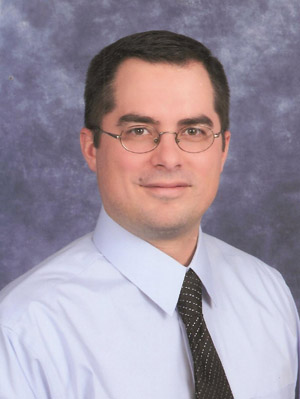With up to 50% of whiplash associated disorder (WAD) patients experiencing long-term symptoms, is there a way to predict which patients are likely to recover following a whiplash injury? To answer this question, a team of researchers analyzed findings from twelve systemic reviews to identify prognostic factors that could help predict patient outcomes following a whiplash associated disorders (WAD) injury.
The authors concluded that the outcome of acute whiplash was dependent more on the association between initial pain and anxiety and less with physical factors such as MRI or x-ray findings, motor examination findings, and collision factors (impact direction, car speed at impact, seatbelt or headrest use, or the extent of vehicular damage).
What can be done for the patients who are at greatest risk for ongoing issues? A 2020 study investigated the potential benefits that a multimodal rehabilitation (MMR) program had for sub-acute (six to twelve weeks) and chronic (more than twelve weeks) WAD patients with soft tissue injuries and no nerve injury or bone fractures. The participants were first examined by a multi-professional team that included a pain and rehabilitation specialist (PM&R), a psychologist, an occupational therapist (OT), a physiotherapist (PT), a social worker, and a nurse. This same team then treated the patients over a five-week timeframe.
The investigators then compared standardized questionnaires completed by participants both before and after the treatment period and then one year later. The researchers reported that participants achieved significant long-term improvements with respect to overall physical and mental health, pain intensity, ability to carry out everyday activities, anxiety, and depression.
Many chiropractors utilize a multi-modal approach when treating WAD patients to address three goals: pain management, functional restoration, and self-management strategies to minimize the need for long-term professional care. When needed, a coordinated care approach is set up between allied healthcare professions that may include PT, OT, clinical psychology, and/or others.



